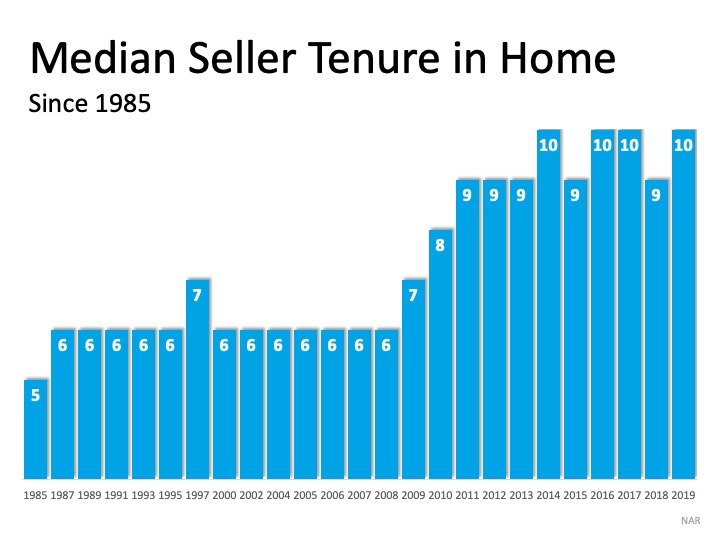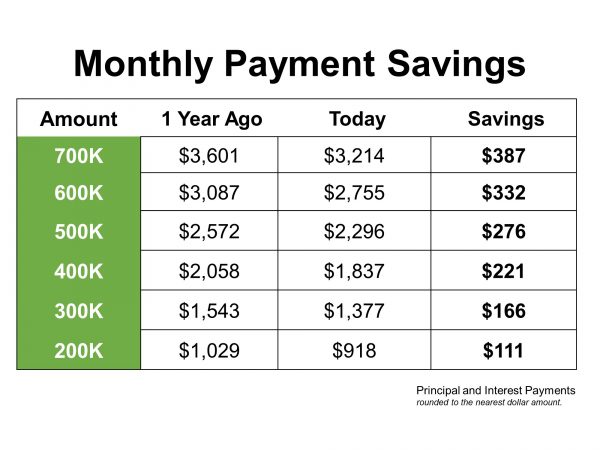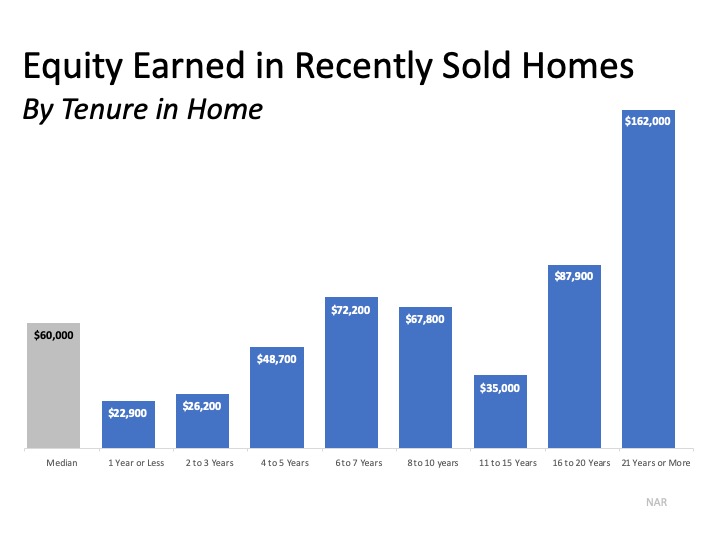Why You Shouldn’t “For Sale By Owner”


Rising home prices coupled with the current inventory in today’s market may cause some homeowners to consider selling their homes on their own (known in the industry as a For Sale By Owner). However, a FSBO might be hard to execute well for the vast majority of sellers.
Here are the top 5 reasons not to FSBO:
1. Online Strategy for Prospective Purchasers
Studies have shown that 93% of buyers search online for a home. That’s a pretty staggering number! Most real estate agents have an Internet strategy to promote the sale of your home. Do you?
2. Results Come from the Internet
According to NAR, here’s where buyers found the homes they actually purchased:
- 55% on the Internet
- 28% from a Real Estate Agent
- 10% Other
- 6% from a Yard Sign
- 1% from Newspapers
The days of selling your house by putting up a sign in your yard or placing an ad in the paper are long gone. Having a strong Internet strategy is crucial.
3. There Are Too Many People to Negotiate With
Here’s a list of some of the people with whom you must be prepared to negotiate if you decide to FSBO:
- The buyer, who wants the best deal possible
- The buyer’s agent, who solely represents the best interest of the buyer
- The buyer’s attorney (in some parts of the country)
- The home inspection companies, which work for the buyer and will almost always find some problems with the house
- The appraiser, if there is a question of value
4. FSBOing Has Become Increasingly Difficult
The paperwork involved in buying or selling a home has increased dramatically as industry disclosures and regulations have become mandatory. This is one of the reasons the percentage of people FSBOing has dropped from 19% to 8% over the last 20+ years.
5. You Net More Money When Using an Agent
Many homeowners believe they’ll save the real estate commission by selling on their own, but the seller and buyer can’t both save the commission.
A report by Zillow revealed that FSBOs are inclined to do so because they believe it will save money (46 percent cite this among their top three reasons), but they don’t actually save anything, and eventually end up listing with an agent.
The same report revealed that,
“While 36% of sellers that (at first) attempted to sell their homes on their own, only 11 percent of sellers—in other words, less than a third…actually sold without an agent.”
It appears working with a real estate professional is the best answer.
Bottom Line
Before you decide to take on the challenges of selling your house on your own, let’s get together to discuss your needs.
3 Mistakes to Avoid When Selling a Home in 2020


It’s exciting to put a house on the market and to think about making new memories in new spaces, but we can have deep sentimental attachments to the homes we’re leaving behind, too. Growing emotions can help or hinder a sale, depending on how we manage them.
When it comes to the bottom line, homeowners need to know what it takes to avoid costly mistakes. Being mindful of these things and prepared for the process can help you avoid some of the most common mishaps when selling your house.
1. Overpricing Your Home
When inventory is low, like it is in the current market, it’s common to think buyers will pay whatever we ask for when we price our homes. Believe it or not, that’s far from the truth. Don’t forget that the buyer’s bank will send an appraisal to determine the fair value for your home. The bank will not lend more than what the house is worth, so be mindful that you might need to renegotiate the price after the appraisal. A real estate professional will help you to set the true value of your home.
2. Letting Your Emotions Interfere with the Sale
Today, most homeowners have been living in their houses for an average of 10 years (as shown in the graph below): This is several years longer than what used to be the norm since many homeowners have been recouping from negative equity situations over the past 10 years. The side effect, however, is when you live for so long in one place, you may get even more emotionally attached to your space. If it’s the first home you bought after you got married or the house where your children grew up, it very likely means something extra special to you. Every room has memories and it’s hard to detach from the sentimental value.
This is several years longer than what used to be the norm since many homeowners have been recouping from negative equity situations over the past 10 years. The side effect, however, is when you live for so long in one place, you may get even more emotionally attached to your space. If it’s the first home you bought after you got married or the house where your children grew up, it very likely means something extra special to you. Every room has memories and it’s hard to detach from the sentimental value.
For some homeowners, that makes it even harder to negotiate, separating the emotional value of the home from the fair market price. That’s why you need a real estate professional to help you with the negotiations in the process.
3. Not Staging Your Home
We’re generally quite proud of our décor and how we’ve customized our houses to make them our own personalized homes, but not all buyers will feel the same way about your design. That’s why it’s so important to make sure you stage your home with the buyer in mind. Buyers want to envision themselves in the space, so it truly feels like their own. They need to see themselves in the space with their furniture and keepsakes – not your pictures and decorations. Stage and declutter your home so they can visualize their own dreams as they walk through your house. A real estate professional can help you with tips to get your home ready to stage and sell.
Bottom Line
Today’s seller’s market might be your best chance to make a move. If you’re considering selling your house, let’s get together to help you navigate through the process while avoiding common seller mistakes.
Holiday Gifts Are Not the Only Hot Things Right Now


Black Friday is behind us and holiday gifts are flying off the shelves in stores and online. Unlike last year, however, there’s another type of buyer that is very active this winter – the homebuyer.
Each month, ShowingTime releases their Showing Index, which tracks the average number of appointments received on active U.S. house listings. The latest index revealed:
“Traffic was more active once again compared to 2018, as the nation saw its third straight month of higher year-over-year showing activity…The 5.5% increase in showings nationwide was the largest jump in activity during the now three-month streak of year-over-year increases vs. 2018.”
The same report indicates showings increased in every region of the country:
- The South increased by 10.8%
- The West increased by 8.6%
- The Northeast increased by 3.8%
- The Midwest increased by 1.5%
Why is the traffic more active?
One of the main reasons buyer traffic has increased year-over-year is that mortgage rates have fallen dramatically. According to Freddie Mac, the average mortgage rate last December was 4.64%. Today, the rate is almost a full percentage point lower!
Bottom Line
There are first-time, move-up, and move-down buyers actively looking for the home of their dreams this winter. If you’re thinking of selling your house in 2020, you don’t need to wait until the spring to do it. Your potential buyer may be searching for a home in your neighborhood right now.
INTERO INTRODUCES PINNACLE HOME SERVICES PROGRAM FOR SELLERS


Official Press Release:
CUPERTINO, Calif.–(BUSINESS WIRE)–Intero, a Berkshire Hathaway affiliate and a wholly-owned subsidiary of HomeServices of America, Inc., is proud to announce the introduction of PINNACLE, a premium designer-curated home preparation service with zero out-of-pocket cost to sellers until their home closes escrow.
Available for clients working with an Intero agent, PINNACLE provides vast, customized home-preparation options, including, but not limited to, cosmetic updates, general repairs, professional staging services, window treatments, landscaping, decluttering and moving and packing services.
Sellers who opt into Intero’s PINNACLE program will interface with their own project coordinator. These project coordinators do the work of assessing what needs to be done and coordinate the job from start to finish with local contractors. The program also stands out for providing tailored relocation services to seniors who need additional support when moving.
“We’re proud to bring the PINNACLE program to the market,” said Brian Crane, Chief Executive Officer of Intero. “The PINNACLE program gives Intero agents and clients a progressive and effective tool to enhance the condition of the home prior to going to the market, without the upfront out-of-pocket expense. This PINNACLE program is a true differentiator in the marketplace for Intero and will add to Intero’s ability to help seller clients achieve the best results.”
The PINNACLE program is available today for any seller with a signed listing agreement with an Intero sales associate. To get more information, please visit www.interopinnacle.com or call me at 408.465.9290 to learn how you can take advantage of this fantastic option when you’re ready to sell!
Millennials Are on the Move as First-Time Homebuyers [INFOGRAPHIC]
![Is Your First Home Now Within Your Grasp? [INFOGRAPHIC] | MyKCM](https://desireestanley.com/files/2019/12/20191206-MEM-1046x1477.jpg)
![Is Your First Home Now Within Your Grasp? [INFOGRAPHIC] | MyKCM](https://files.mykcm.com/2019/12/05064901/20191206-MEM-1046x1477.jpg)
Some Highlights:
- According to NAR’s latest Profile of Home Buyers & Sellers, the median age of all first-time homebuyers is 32.
- With more millennials entering a homebuying phase of life, they are driving a large portion of the buyer’s appetite in the market, keeping buyer activity strong.
- More and more “old millennials” (ages 25-36) are realizing that homeownership is now within their grasp, and they’re actively dominating the first-time homebuyer market!


 Facebook
Facebook
 X
X
 Pinterest
Pinterest
 Copy Link
Copy Link
![Where is the Housing Market Headed in 2020? [INFOGRAPHIC] | MyKCM](https://desireestanley.com/files/2019/12/20191220-MEM-1046x1552.jpg)
![Where is the Housing Market Headed in 2020? [INFOGRAPHIC] | MyKCM](https://files.mykcm.com/2019/12/19070953/20191220-MEM-1046x1552.jpg)









